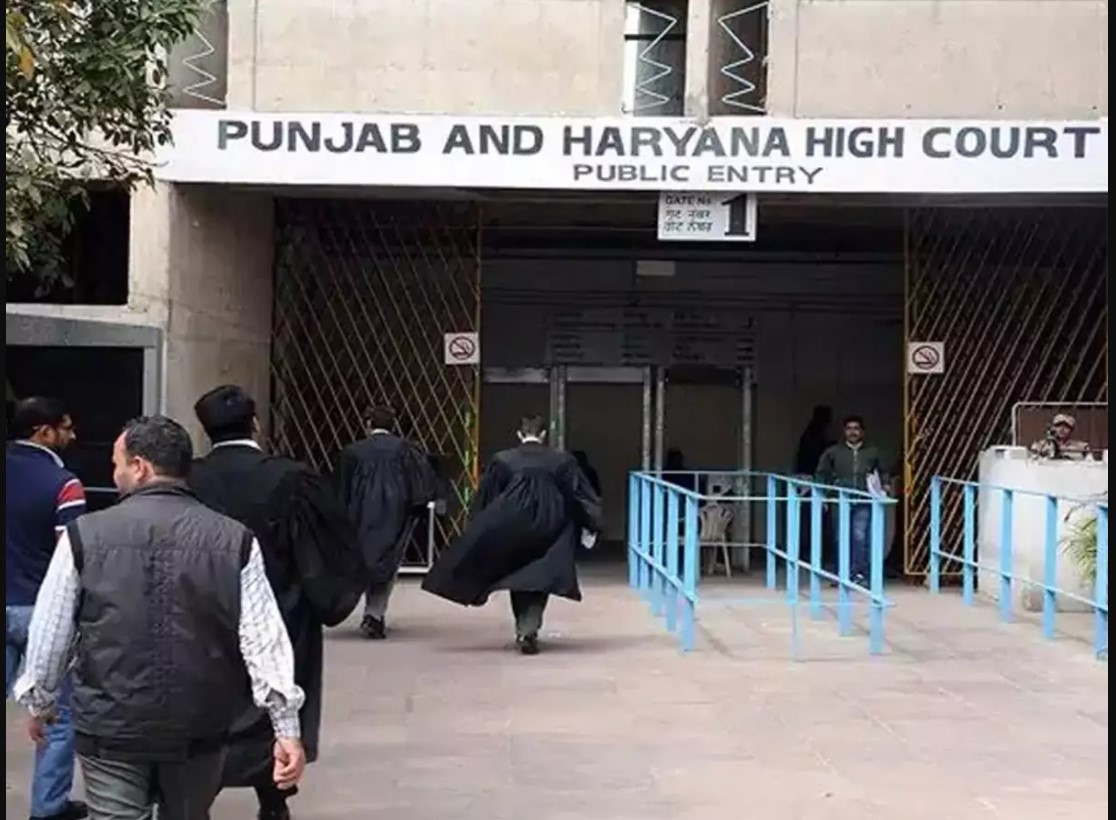


In a recent judgment, the Punjab and Haryana High Court clarified that legal representatives cannot pursue a divorce case following the death of either spouse. This decision underscores the personal nature of marriage and the impossibility of substituting parties in such cases after death.
The Case Background
The issue was discussed by the Court in a case where a man had submitted a divorce petition in 2011. His request was denied in 2014, leading to a appeal. Unfortunately, the appellant passed away in 2022 prior to the resolution of the appeal. Afterwards, his mother requested to proceed with the case on his behalf.
Court's Findings and Decision
The Division Bench, comprising Justice Sureshwar Thakur and Justice Sudeepti Sharma, analyzed the legal consequences of pursuing a divorce case post the demise of one party.
The Bench emphasized the intrinsic nature of marriage as a personal contract:
“The foremost reason for dismissing the apposite application is grooved in the factum, that the marriage between marital partners, but obviously is a personal contract entered into between the spouses. The said contract remains alive only during the life span of the contracting parties, therebys the said contract terminates on the demise of one of the parties to the marital union.”
The Court noted that the marriage contract concludes with the death of one party, and there is no legal basis for continuing such a contract through the deceased's legal representatives:
“Emphasisingly therebys the present applicant who is the mother of the deceased when is not a party to the contract, thereby when also she is not a privity to the personal contract of marriage entered into between her son and the respondent. Therefore, she is not bestowed with any right to, in the garb of hers seeking substitution in place of her deceased son, in the array of appellant(s), rather seek annulment of his marital ties with the respondent, whereas, she appears to intend to do so, in the garb of institution of the instant application.”
The Bench clarified that substitution in legal cases is typically meant for matters involving the deceased’s assets, not personal contracts such as marriage:
“The principle underlying the said substitution is captured in the trite factum, that the estate of the deceased is required to be substituted. To the considered understanding of this Court, the relevant estate of the deceased, thus required to be substituted, thus on demise of the litigant concerned, thus by his/her LRs, but would be either movable or immovable assets, in respect whereof, there is a contest between the respective predecessors-in-interest, wheretos the apposite successors-in-interest or the legal heirs, thus may claim a right of succession (sic).”
Conclusion
The Court ultimately dismissed the appeal, declaring it abated due to the death of the appellant: “In aftermath, on demise of the sole appellant-husband, the instant appeal stands dismissed as having become abated.” This ruling reaffirms that personal contracts like marriage do not permit continuation through legal representatives after one party's death.
TAGS: Punjab and Haryana High Court divorce case legal representatives abated appeal personal contract marital union Justice Sureshwar Thakur Justice Sudeepti Sharma